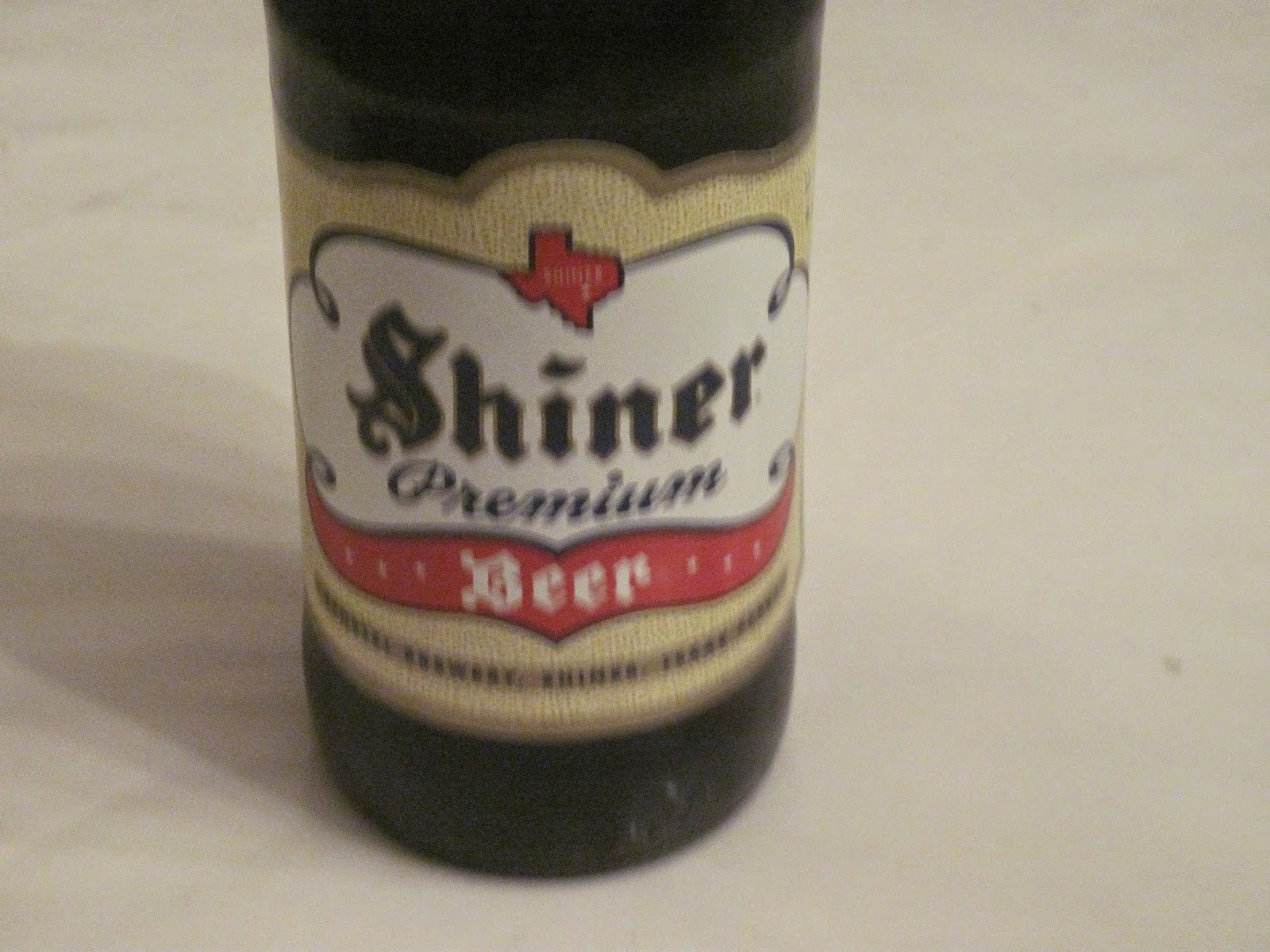The following is a brief summary of some of the thoughts said over by R' Frand on the parsha this evening. I have attempted to reproduce these vorts to the best of my ability. Any perceived inconsistency is the result of my efforts to transcribe the shiur and should not be attributed to R' Frand.
Tonight R' Frand said two connected vorts in relation to the parsha's discussion of the nazir. R' Frand started by quoting a gemara in Nedarim which recounts that Shimon HaTzadik never ate from the karban asham of a nazir other than one specific nazir. Shimon HaTzadik explained that he had seen a particular nazir who was quite handsome and Shimon HaTzadik asked him, why are you going to become a nazir and cut your hair? The man responded - I was a shepherd and saw my reflection in the water and I was overcome by my yetzer hara which wanted to cause me to lose my place in this world. I said to myself, evil one, why do you want to take me out of this world? So I became a nazir.
R' Frand asked - if this boy saw his reflection and decided that he wanted to fight his yetzer hara, why did he become a nazir? A nazir has to allow his hair to grow for thirty days! If he thought that the beauty of his hair was the cause of his problems he should have run to the barber and had all his hair cut off immediately!
R' Frand answered by quoting the Steipler Rav who explains that the shepherd said to his yetzer hara - evil one, you are being arrogant about something that does not belong to you. He was haughty because of his looks and thought that he was special because of his appearance. This is the root of the yetzer hara for ga'avah - thinking that the blessings of Hashem that he received, be it looks, or wealth or intelligence are all because of him.
Had the shepherd cut off his hair he would have been treating the symptoms and not the problem. The way to solve the problem is to become a nazir and in so doing recognize that the hair and the beauty are all from Hashem. At the end of the process, the nazir cuts off his hair and burns it under the pot which is cooking his karban. This is the ultimate declaration that it all comes from Hashem.
The second vort said by R' Frand related to a pasuk in Bamidbar which states that at the end of the process the nazir brings a chatas and an asham. The gemara in Nedarim asks - why does he bring a chatas, what did he do wrong? The gemara answers that the nazir created a new issur for himself by barring wine. Since he had to add another issur for himself when it was not needed, he brings a karban chatas.
R' Frand next quoted a Ramban who explains that the reason why the nazir brings a karban is because the nazir will soon be returning the mundane life and leaving the higher state of being a nazir.
R' Frand then said in the name of R' Simcha Zissel Brody that the Ramban seems to be at odds with the gemara. How can the chatas come for adding an issur and also for leaving the higher state and returning to his old ways?
R' Frand quoted R' Brody's answer - it is precisely because of this that he brings the chatas sacrifice. When the man became a nazir, he took on unnecessary additional issurim. But once he did so, he raised his spiritual level and changed himself. When the nazir finishes the cycle and returns to being a regular person, he abandons the new level and goes back to his old ways. This too requires a chatas.
If you have seen this post being carried on another site, please feel free to click www.kosherbeers.blogspot.com/ to find other articles on the kosherbeers blogsite. Hey its free and you can push my counter numbers up!




